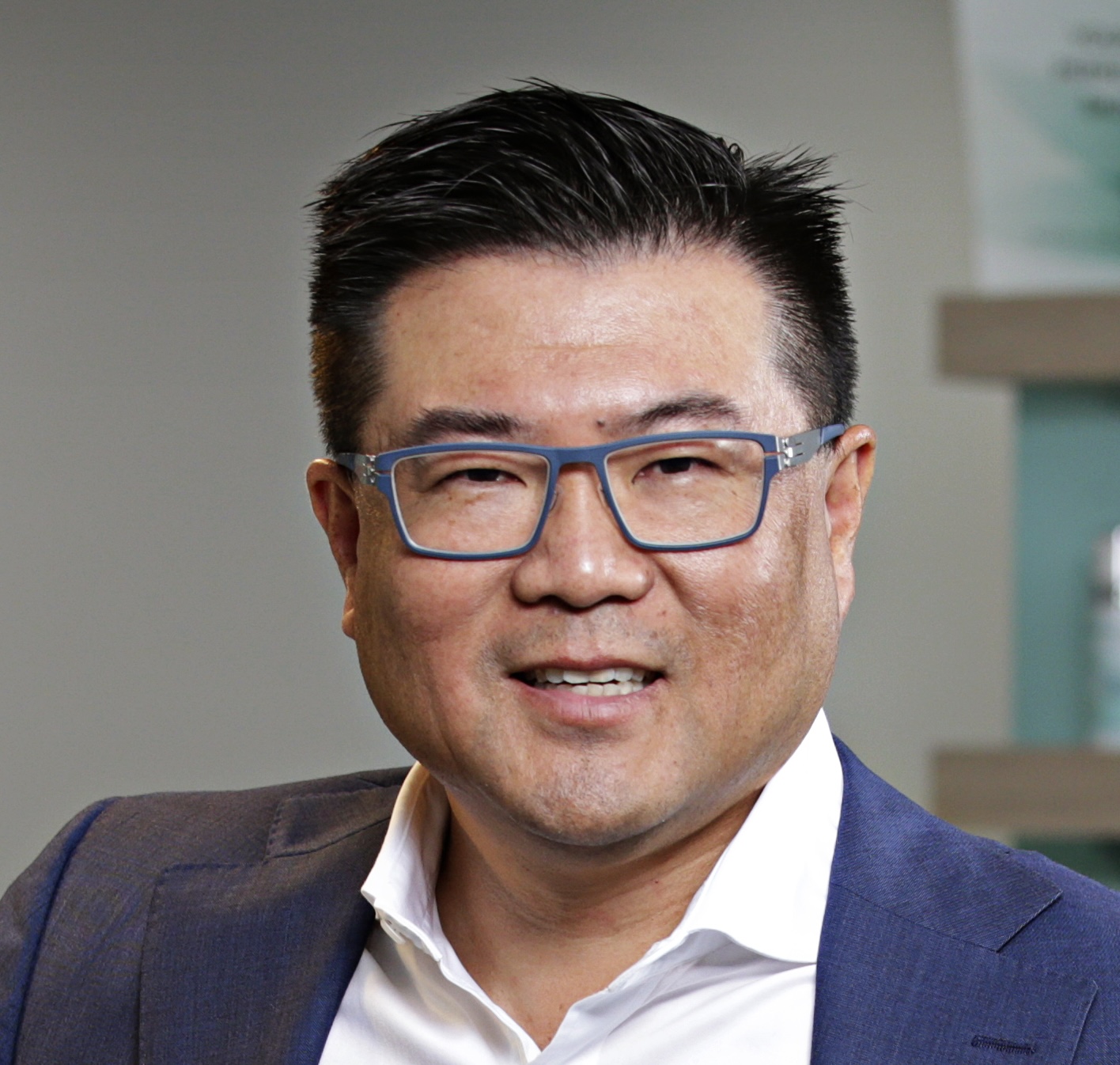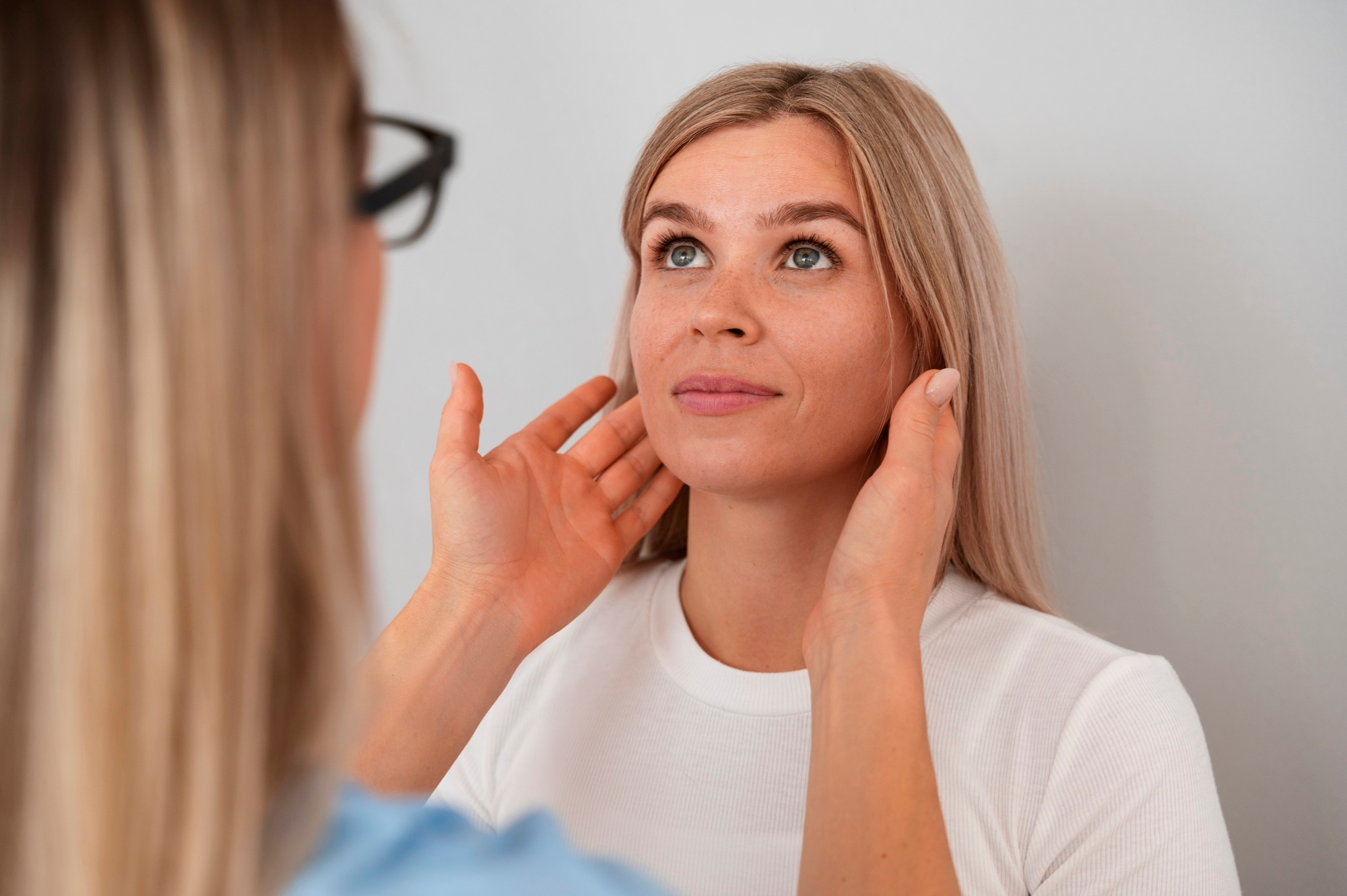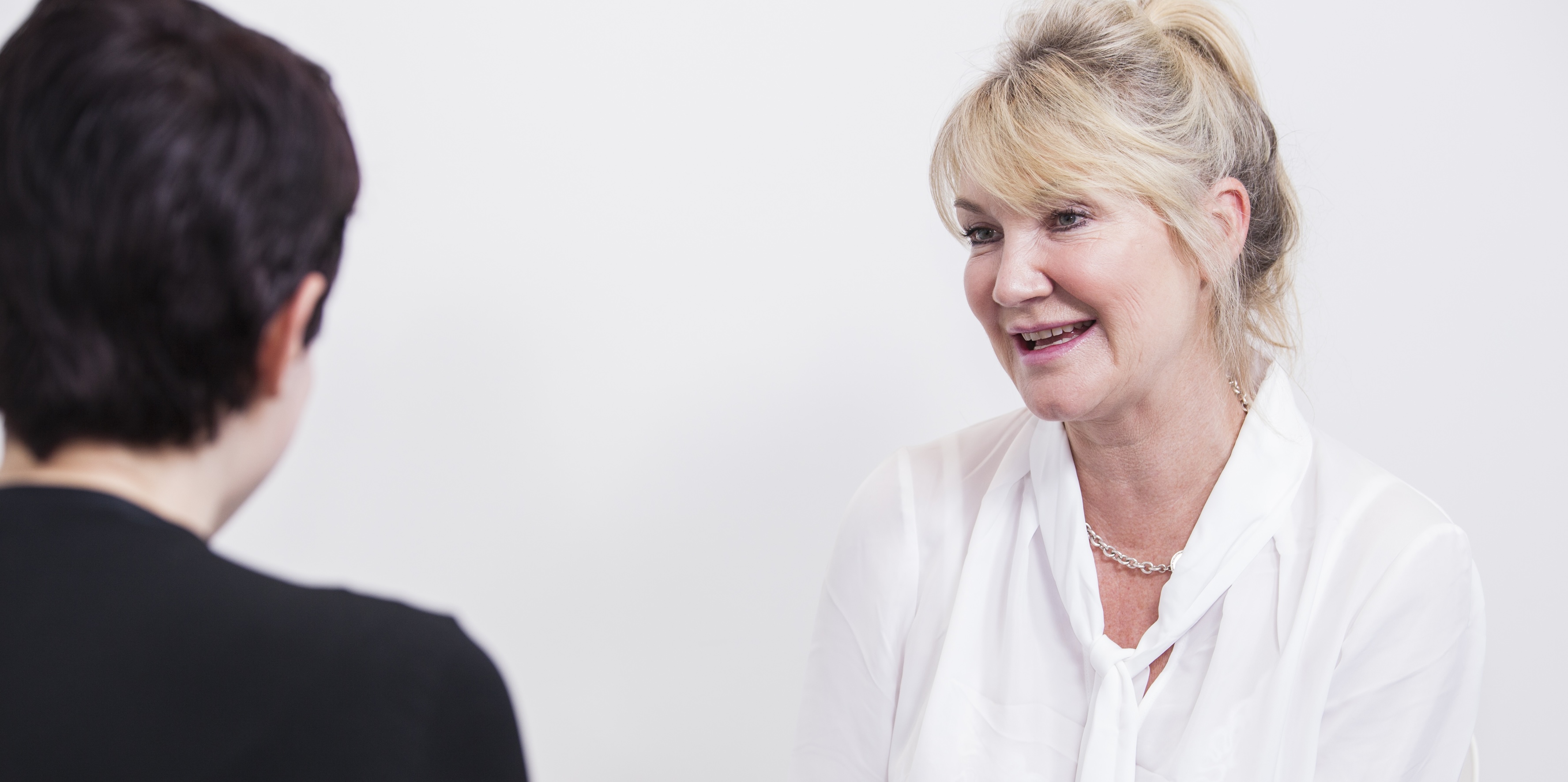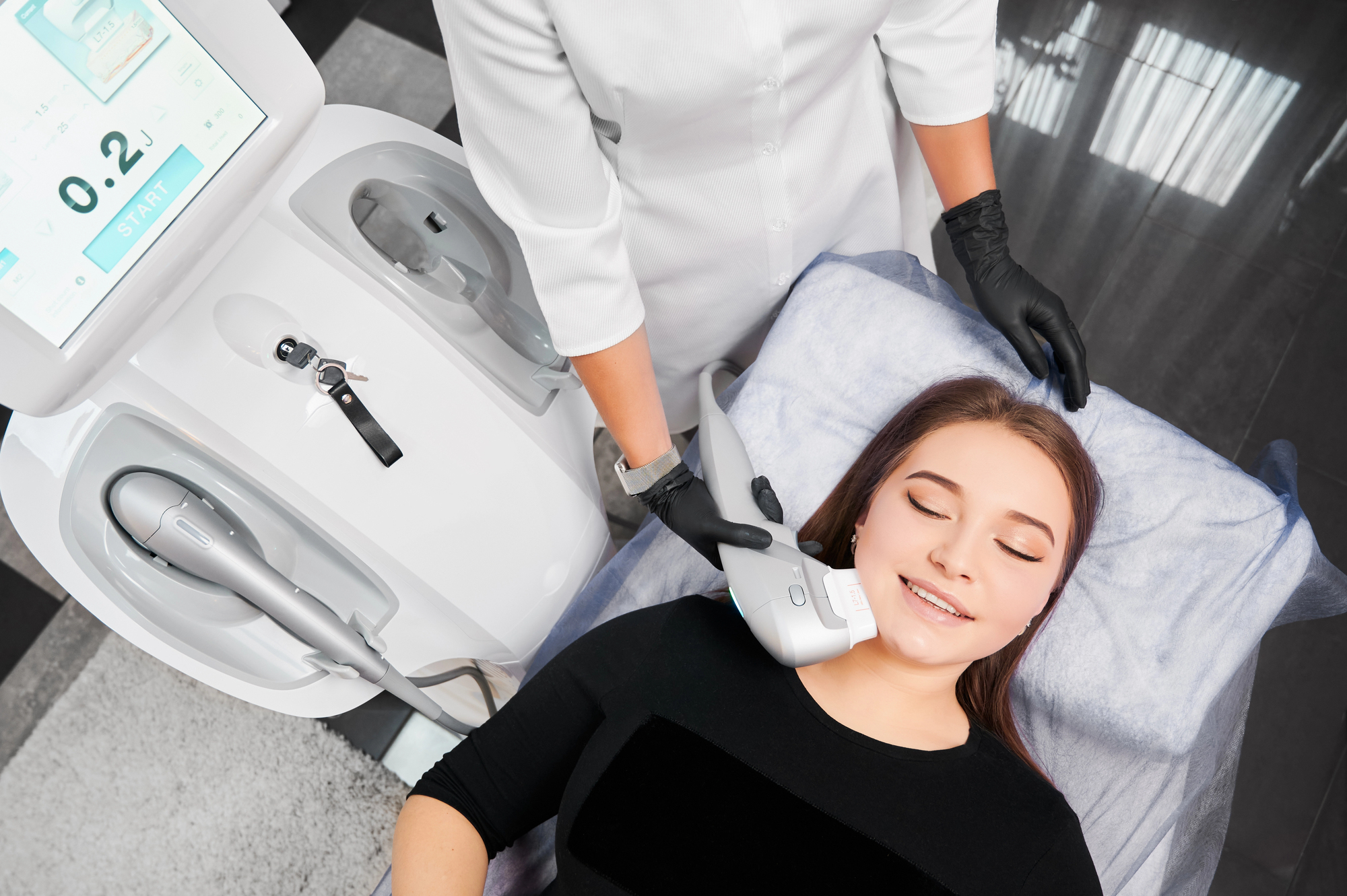Skin cancers and melanoma
Explore the causes and types of skin cancers, including melanoma, and understand the importance of early detection. Learn about risk factors, prevention tips, and how professional screening can support skin health.


What is skin cancer?
Australia has the highest incidence of skin cancer in the world due to the combination of a predominantly fair-skinned population together with an outdoor lifestyle promoted by our climate, beautiful beaches and love of sports.
The main types of skin cancer are :
- Basal cell carcinoma (BCC)
- Squamous cell carcinoma (SCC)
- Malignant melanoma
BCC and SCC are the most common skin cancers. This means treatments for these cancers are very successful at removing the entire cancer and effectively curing the patient.
Melanoma is a more deadly type of cancer, and while treatments can effectively remove the cancer if caught early, melanoma can spread to other parts of the body and become very serious. Any skin change you notice should be seen by a doctor as soon as possible, to ensure melanoma is caught and treated early.
Organisations like Cancer Council Australia have useful webpages offering information on what to look for when reviewing your skin, what lesions are not concerning, and what should prompt a visit to your GP or dermatologist.https://www.cancer.org.au/cancer-information/causes-and-prevention/sun-safety/check-for-signs-of-skin-cancer
Treatment for skin cancer
Treatment for skin cancer will depend on the type of cancer, the size of the lesion, and the results of a biopsy, which will likely be the first action a dermatologist takes, to correctly identify the cancer type.
Options available for treatment include surgical removal, curette and cautery, MOH’s micrographic surgery, photodynamic therapy and topical treatments including Aldara and Efudix.
A dermatologist will be able to determine the best treatment option for you.
Can skin cancer be cured?
Early detection and prompt treatment will result in cure, in most cases of skin cancer. However, people can die from skin cancer and Australia has one of the highest rates of skin cancer in the world.
For this reason, we recommend regular skin checks by a dermatologist. For most light coloured Australians, annual check-ups are likely the most beneficial. This will ensure skin changes that could be cancer are caught early, when treatment is most likely to be successful.
What causes skin cancer and how can it be prevented?
Over 200,000 Australians have treatment for skin cancer each year, yet many of these cancers are preventable.
Protecting your skin from the sun using an SPF50 sunscreen, along with UV protective clothing, hats, sunglasses and shades, all help avoid the skin damage that can result in skin cancers. Avoiding the sun between 11am – 3pm during summer months is also advisable.
There is also a genetic component to skin cancer. If you have family members who have had skin cancer, we advise you to get regular skin checks from a dermatologist.Skin cancer is generally detectable at an early stage, so self-monitoring to identify changes in your skin, is something we highly recommend. Talk to a dermatologist about what to look for.
Corrective Treatments
Lorem ipsum dolor sit amet consectetur. Aliquam aliquet ultricies erat diam ut lorem nunc mauris vestibulum.
Our Practitioners
The doctors at Neutral Bay Laser & Dermatology Clinic are highly trained medical professionals, with a caring and compassionate outlook, and a commitment to delivering exceptional results for our patients.

Dr. Terence Poon is the medical director of Neutral Bay Laser & Dermatology Clinic. He is a dermatologist and laser specialist. He has trained extensively in Australia and internationally, in the laser-responsive cosmetic aspects of dermatology.
He undertook a fellowship with Dr Jim Walter, who pioneered the use of lasers in dermatology in Australia and who founded our clinic, which was the first full time laser dermatology clinic in Sydney.

Dr Marianne Nolan has been with the clinic for over two decades and is very experienced in all aspects of laser treatments and related cosmetic procedures. Her meticulous record of safety and competence has earned her a huge following of dedicated cosmetic skin care patients, who also enjoy warm, caring manner. She trained extensively with our founder, Dr James Walter, and has attended regular training programmes and conferences in Australia, Europe and the USA. Together with Dr Walter, she is co-developer of our bespoke rejuvenation treatments, the Walter Nolan Multi-Laser Procedures.

Dr Helena Torpinski has been with our clinic for nearly two decades. Her bright and lively manner continues to ensure she is popular with our patients. Helena works as a GP in Newtown when she is not at our clinic and this adds a great breadth of knowledge and understanding to her engagement with patients. She has expertise in all forms of laser and light-based treatments and has a commitment to ongoing education, training and regular conference attendance.















































